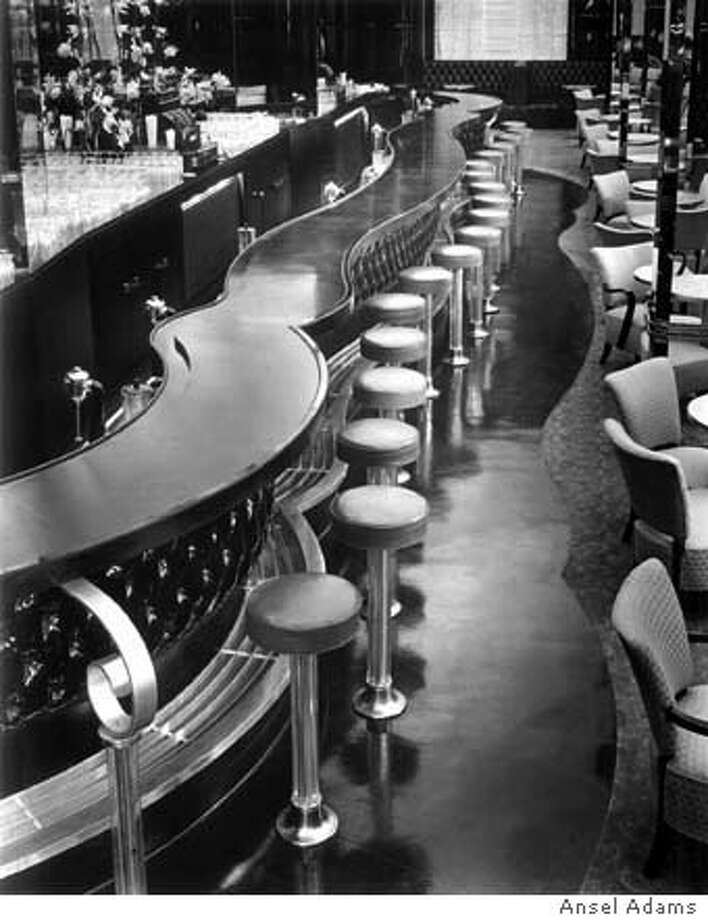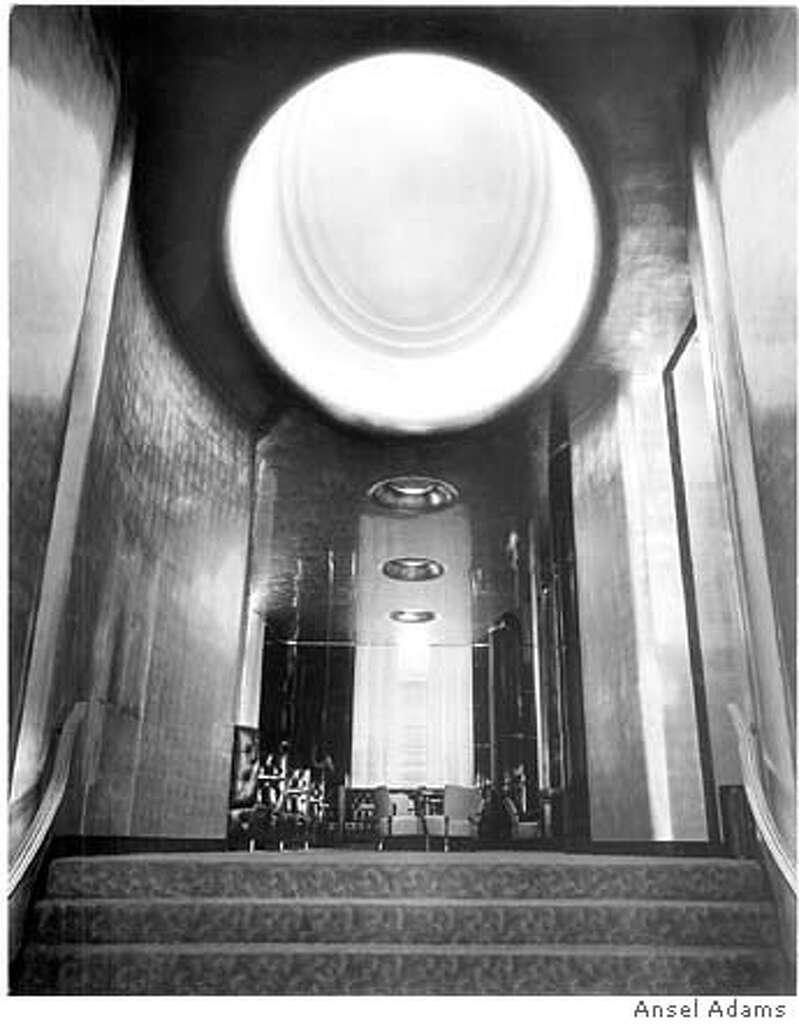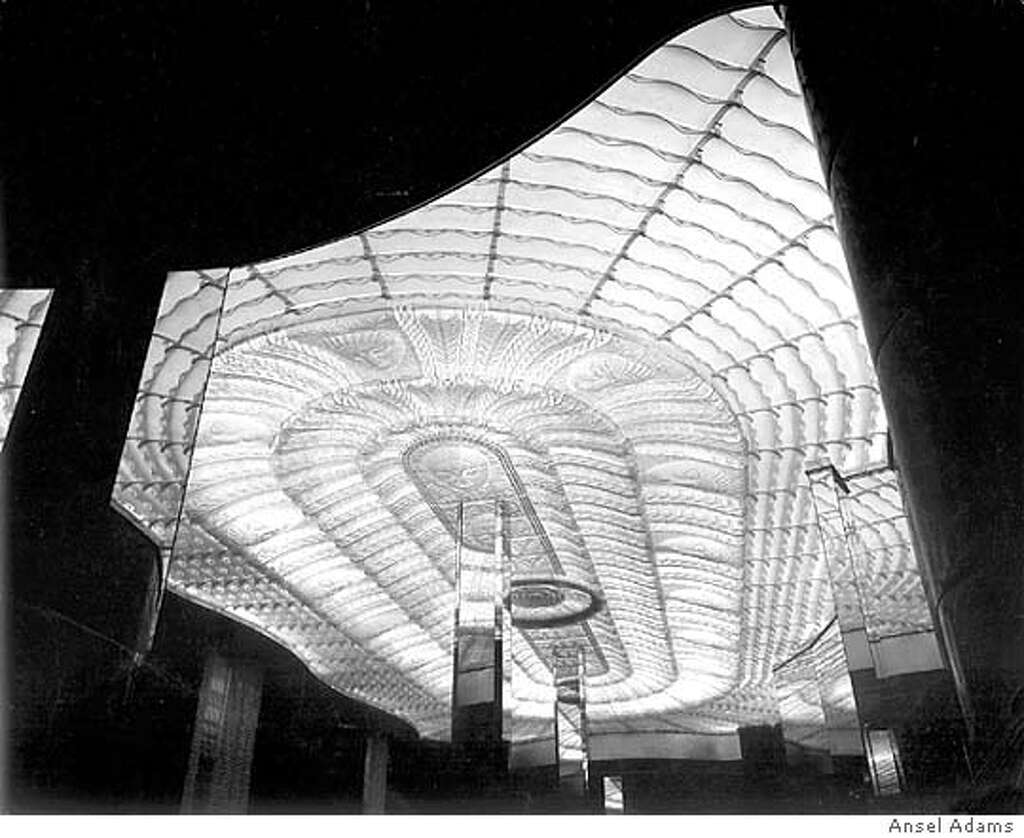I'm an amateur and as I don't need to make a penny from my photography I get to decide if I care or not what other people think and mostly I don't care

so I do exactly what I want. Sometimes I want to capture what's in front of me as accurately as possible and sometimes I don't and instead I want to create something different and sometimes I make multiple copies of a picture which may run from an accurate to an... er... not so accurate capture of the scene. Not having to earn money or care what others think is very liberating and very empowering

Back when I shot film I didn't manufacture the film or develop my pictures and other people therefore made decisions I had to then work with but these days I have far more scope to do what I want and express my technical prowess and artistic sides

I'm not sure that I ever believe that getting it right in camera is possible as even if I do nothing the decisions made by the sensor/camera manufacturer are imposed on me just as they were years ago by the manufacturer of the film I used and then there's the issue of deliberately getting it wrong in camera for valid reasons such as exposing to the right.
I enjoy it all

I enjoy the process of taking a picture and the process of creating the final picture






